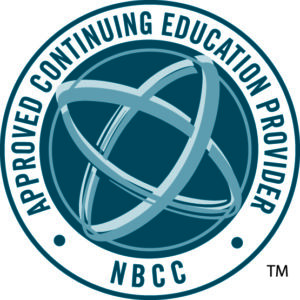
Professional Development
Get in touch to learn more about training opportunities.
traininginstitute@jssa.orgConnect With Us
As a care professional, you know that no matter what life brings, people deserve to be seen by experts and for who they are.
For 30 years, JSSA has provided high-quality training and continuing education to our community’s mental health and social work professionals. We offer training focused on everything from cognitive behavioral therapy (CBT) practices to palliative care to ensure you continue to grow as a professional and receive the continuing education credits you need to maintain your licensure.
Get in touch today to learn more about JSSA’s professional development offerings: traininginstitute@jssa.org.
Registrations for all trainings will close 24 hrs before the start of each session.
TRAININGS:
New 2026 Trainings will be announced shortly.
Training Institute Policies:
Refunds for JSSA’s CE training program cancellations are provided up to 5 days before the training date. After that time, a credit can be issued if JSSA receives a registrant’s cancellation up to two business days before the training date. This credit can be applied towards a future 3-hour CE training, symposium, or post-graduate course up to one year from the issue date.
Authorization:
The Jewish Social Service Agency (JSSA) is authorized by the Maryland Board of Social Work Examiners to sponsor Category 1 continuing education programs. The D.C. and Virginia Boards of Social Work usually recognize the Maryland Board of Social Work Examiners’ approval. Please contact your state board for verification. JSSA maintains responsibility for its program content.
JSSA is an approved sponsor of CE credits for psychologists in Maryland under the Maryland Department of Health and Mental Hygiene. JSSA maintains responsibility for its program content.
NBCC has approved JSSA as an Approved Continuing Education Provider, ACEP No. 6457. Programs that do not qualify for NBCC credit are clearly identified. JSSA is solely responsible for all aspects of the programs.
To receive a certificate, registrants must attend the entire session.

